Rigging and Slinging Supervisor
Overview (Target Audience)
Employees who are involved in rigging and slinging operation, moving loads by mechanical lifting equipment and lifting accessories.
Aims and Objectives
The aim and objectives of this course is to provide personnel who have basic experience of rigging and slinging in a supervisory role with knowledge of
safe lifting operation and relevant regulatory requirements. This training Programme will allow the delegates to demonstrate Offshore/Onshore Rigging
& Slinging operation in theoretical and practical skills following instruction and demonstration by the training staff.
Rigging and Slinging supervisor’s responsibilities
Responsibilities of OIM/ Platform superintendent/senior operator or Site manager
Breaches of Safety Legislation
How to prevent the unwanted incident, accident and property damage
Understanding Basic, Intermediate and Critical lifting
Calculation and selection of Load Handling Equipment and Lifting Accessories
Purpose of rigging/lift plan
How to prepare the lifting plan
Preparation of Risk Assessments
Purpose of conducting a toolbox talk
How to perform all pre and post‐lift inspection
The mode factor and angle factor of any equipment used and situations that will cause overload
How to move the load safely and efficiently in a restricted area
How to prevent and counter any swing by correct means.
Communication procedure between banksman and Load handling equipment operator
Storage procedure
How to cop when there is an emergency.
Structure of the Course (Course Content)
Safety regulations – Lifting Equipment Technical Regulation QP‐ 1‐ Rev‐3 LOLER 1998, PUWER 1998, and BS 7121 ‐1, 2, 3 Safe use of Cranes
regarding the use of cranes Mobile, Floating, and static.
Responsibility of rigging and slinging Supervisor
Environmental and Load hazards
Calculation ( terminology ) related to angle factor
Selection and use of lifting accessories
Selection and setup the cranes (Configuration terminology)
Wire rope ,web and chain sling and lifting accessories terminology
Risk Assessment
The control of loads
Pre & post use checks on lifting appliances
Completing of lift, rigging and slinging plan and Risk assessment.
Assessment
The course is a competency based and therefore delegates will be required to demonstrate their competency by means of theoretical and practical exercises.
Delegates must demonstrate their knowledge by answering questions relevant to rigging and slinging operation during practical exercises. Individually,
delegates must be able to perform successfully each of these tasks in order to be deemed competent:
Complete Rigging and slinging plan for Telescopic boom crane and Risk assessment
Complete Rigging and Slinging plan for Lattice boom crane (Crawler/ Pedestal/ Port)
Complete Rigging plan for Off center of gravity ( Uneven) load
Complete a lift permit.
Fill the Lifting appliances checklist.
Course Duration
2 Days (1st day ‐ Theory, 2nd day ‐ Practical)
Course Pre‐requisites
Previous experience in Rigging and Slinging, load movement operations and usage of lifting equipment.
Certification & Approvals
QISC certificate on successful completion
Validity Period
2 years
Min & Max No. of Delegates
Minimum: 4, Maximum: 8
Health & Fitness
All delegates will be asked to complete a Qatar International Safety Centre standard medical questionnaire prior to course commencement.
Venue (Training Location) Doha
Qatar International Safety Centre
Centre Gate 9, Street 45
Salwa Industrial Area
Doha, Qatar
PO BOX 23651
Ras Laffan
Qatar International Safety Centre
Laffan Global Training Centre
Laffan Global Village
Qatar
Please contact us direct for availability & costs:
Email: training@madinagulf.com
Tel: +974 4450 1223
Fax: +974 4450 1220
www.qisc.net
www.madinagulf.com
